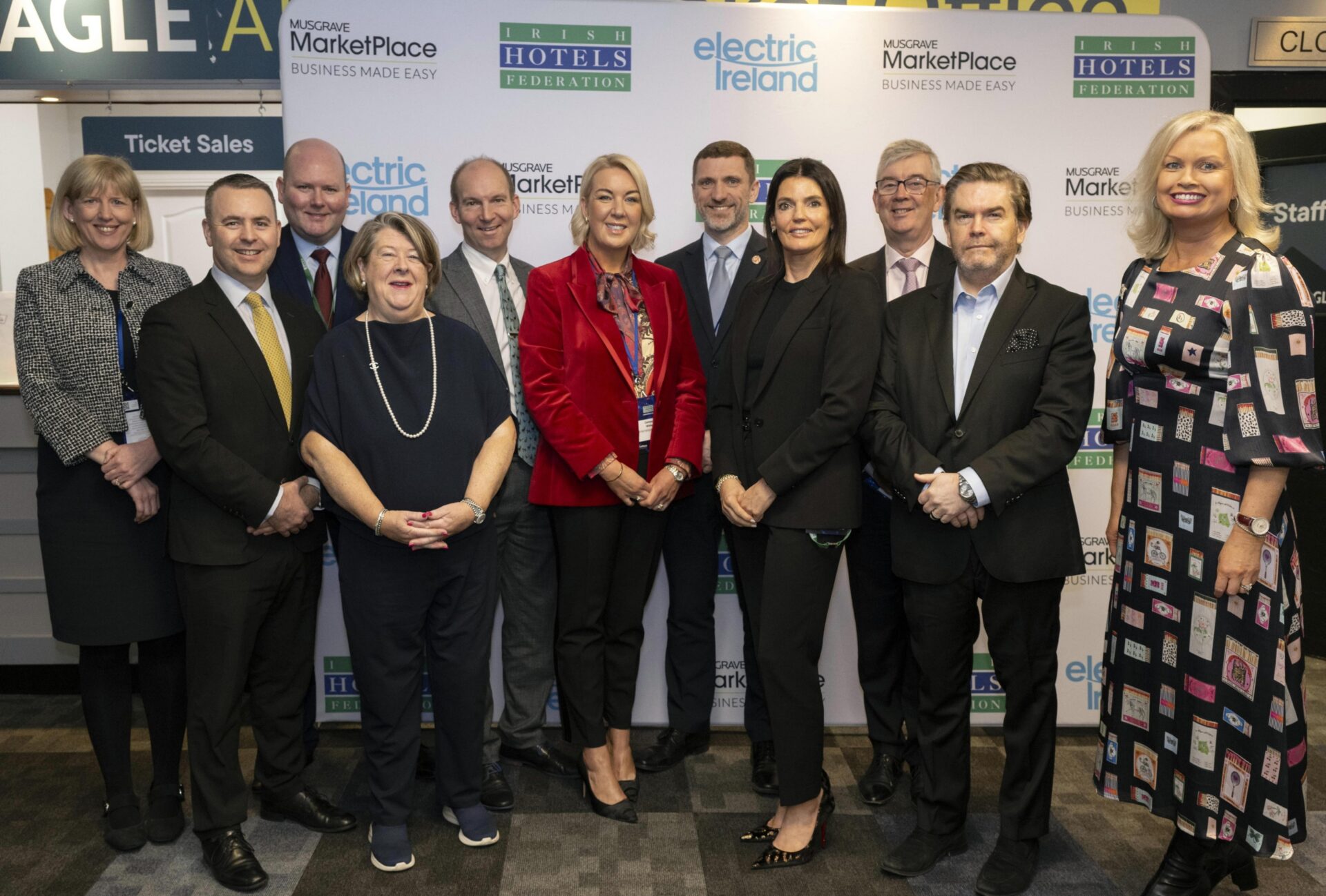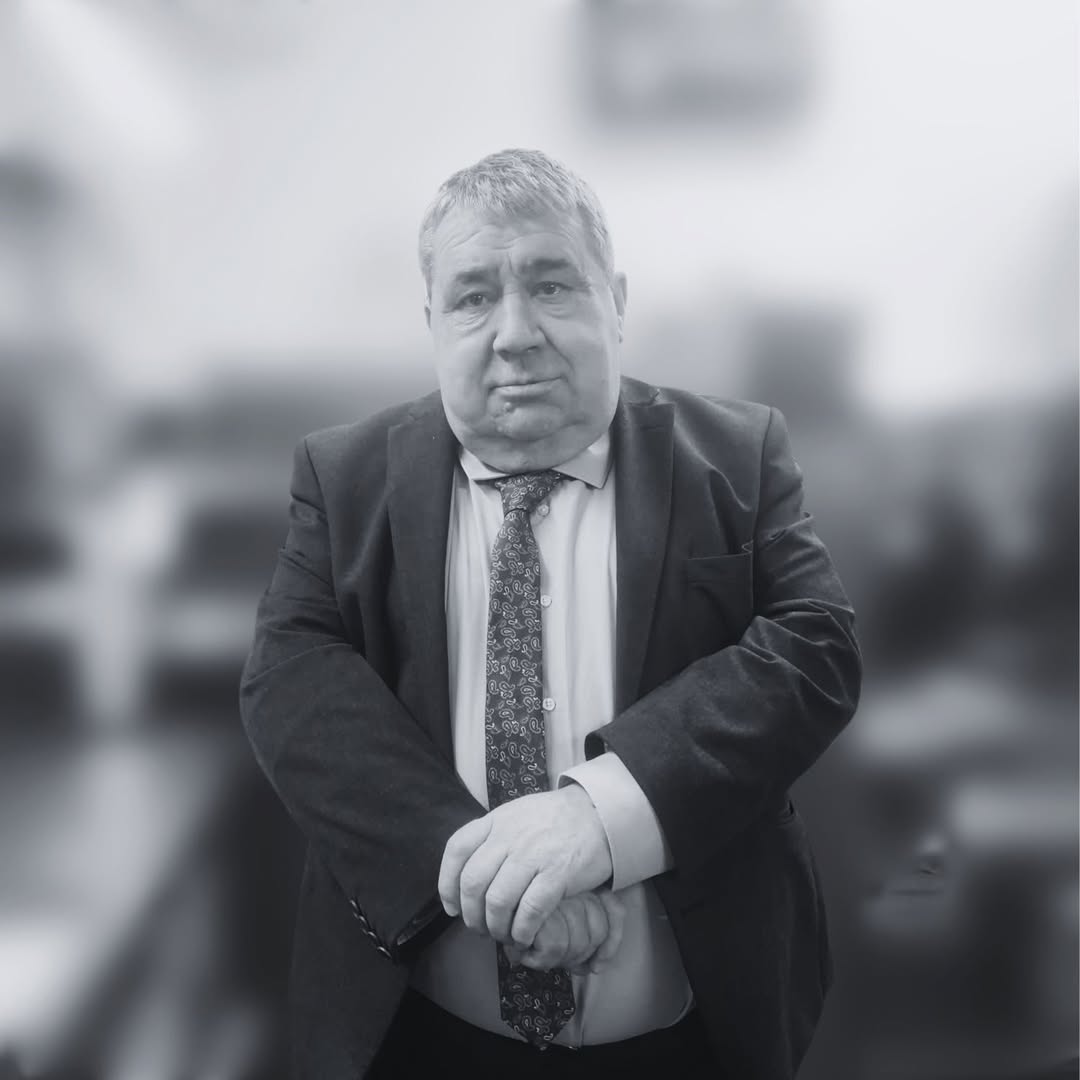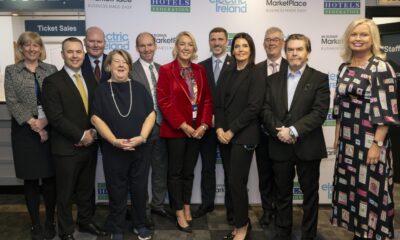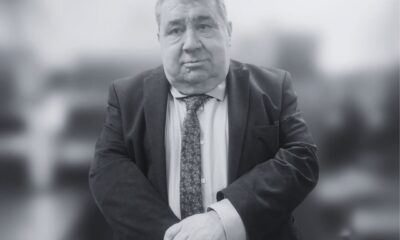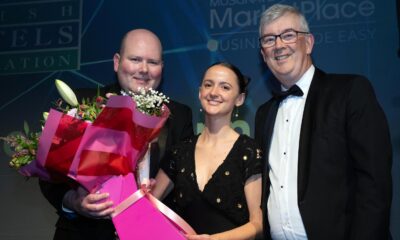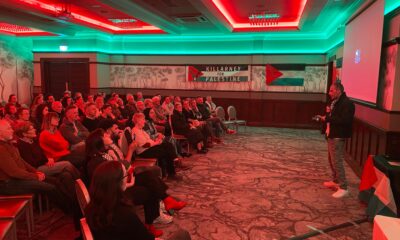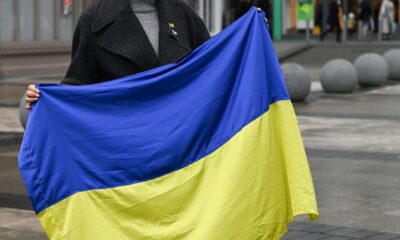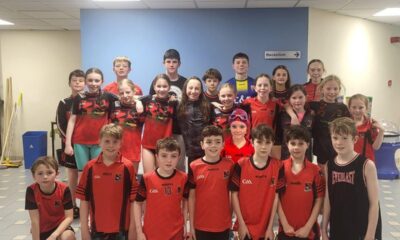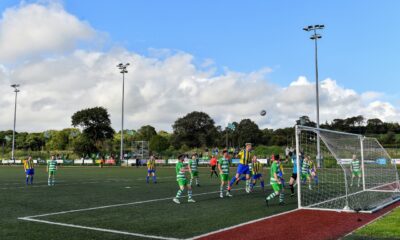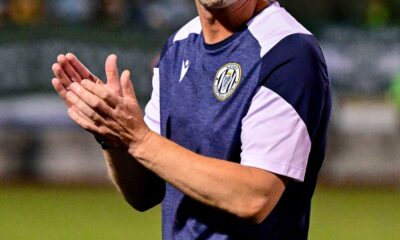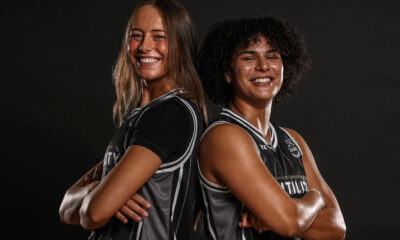News
Kerry hotels low occupancy in December

B
By Sean Moriarty
Latest figures released by the Irish Hotels Federation (IHF) show the massive challenge facing the hospitality sector in Kerry. Over 3,500 people are employed locally in the hotel or allied trades sector. County-wide this figure increases to over 15,000.
The latest IHF figures have raised further concern for the sector, following months of lockdown and a lack of consumer confidence as a result of pandemic-related restrictions.
Inter-county travel is prohibited until today (December 18) but hotel operators still need to invest significant amounts to comply with current regulations.
The decimation of lucrative Christmas party business is also causing concern to hoteliers and restaurateurs.
Chair of the IHF Kerry branch, Bernadette Randles says that occupancy levels are expected to be 21 percent in the South West. Ms Randles says that hotels continue to operate under severe restrictions resulting in historically low room bookings in the lead up to Christmas. This is having a knock-on effect on food and beverage revenues and comes at a time when bookings for corporate events and Christmas parties have been wiped out .
URGENCY
Ms Randles called on the Government to review the enormous shortcomings in the COVID-19 Restrictions Support Scheme (CRSS) as a matter of urgency as many hotels project revenue drops in excess of 75 percent.
“Currently accommodation providers can only accept bookings from within their county, which represents only a very small proportion of hotel accommodation at this time of year. The result is that, in order to comply with Government restrictions, accommodation providers are required to restrict the vast majority of their usual customer base from accessing their premises. This is having an enormous impact, leading to a collapse in turnover. Surely a 75 percent reduction in turnover due to the Government specifically not allowing people leave their county is exactly the type of devastating situation that the CRSS was intended to support?” she said.
“Public health is the number one priority, and we support the Government’s aim of reopening the country safely. However, hotels and guesthouses continue to be disproportionately impacted by Government restrictions with disastrous implications for revenue and related employment within our sector. We are seeking a level playing field and are calling on the Government to reconsider their approach to the operation of the CRSS so that further damage is not done to the sector. Pre-COVID, tourism in Kerry, of which hotels are a key component, supported 15,700 jobs and generated €592m in local revenues,” says Ms Randles.
The IHF survey was carried out during the week of Monday, December 7 and the results are based on the response of 278 properties with 30,700 guest rooms spread across the country.

